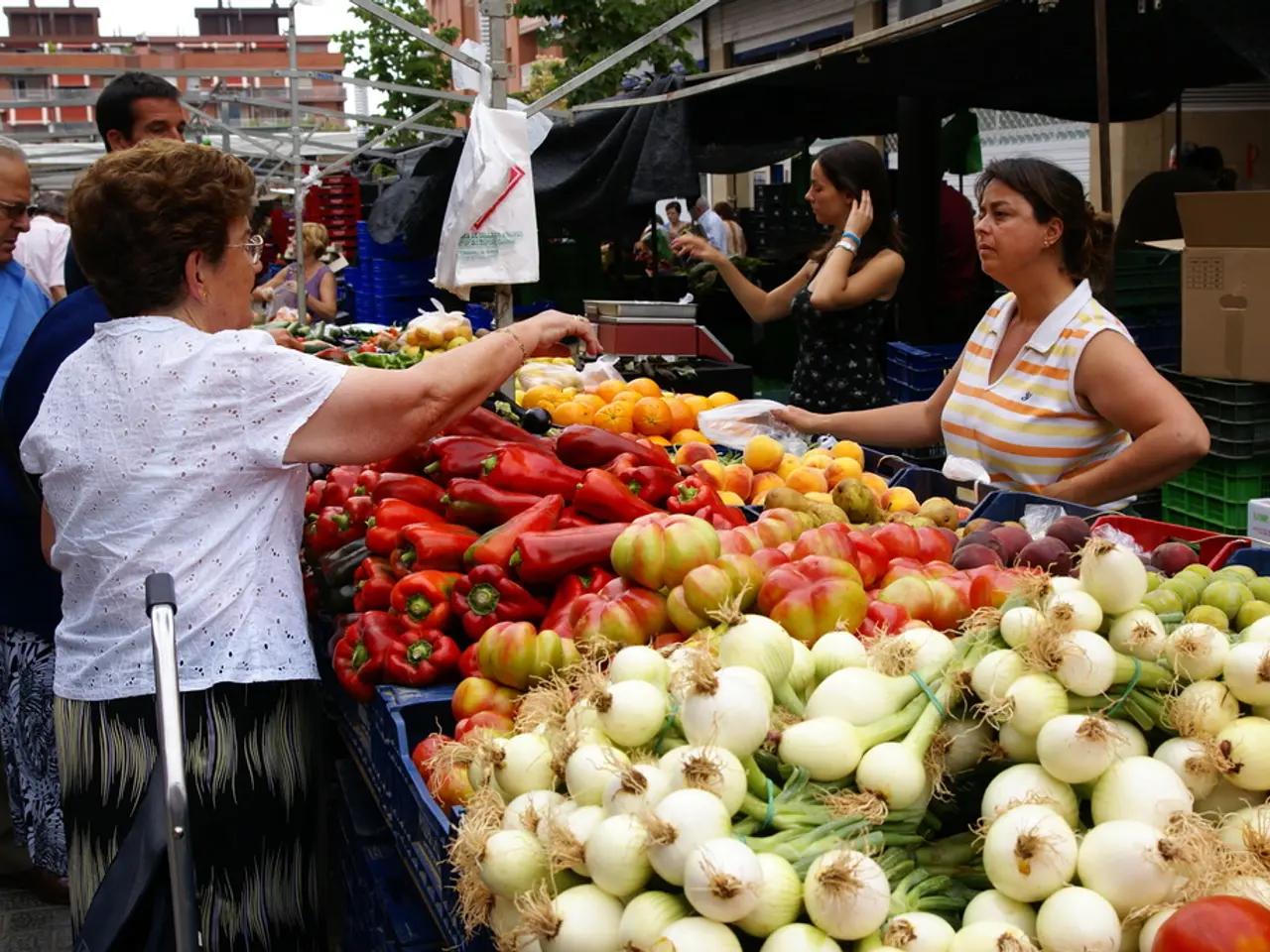Single Refill Policy: Greenpeace's Crusade for Plastic-Free Ways in the Philippines
Single-use plastic sachets, a common packaging choice for consumer goods in the Philippines, have been linked to several health and environmental concerns. According to recent studies, these sachets are associated with the ingestion of microplastics, potentially causing liver damage, poor brain development, and cognitive disorders. Furthermore, exposures to chemicals from plastics have been associated with heart disease and other health issues.
In addition to the health risks, the sachet economy disproportionately affects poor communities, trapping them in a cycle of environmental degradation and health costs due to economic constraints. The poorest communities in the Philippines are often reliant on sachets for convenience, exacerbating poverty and contributing to the region's waste problem.
In an effort to address these issues, Greenpeace launched the "Kuha sa Tingi" initiative in the Philippines. This project aims to reduce dependence on single-use plastic sachets and promote a more sustainable packaging model. The "Kuha sa Tingi" project demonstrates that a refill-based economy is both possible and profitable, offering an alternative to the sachet economy.
By reducing plastic waste, 'Kuha sa Tingi' helps mitigate the health risks associated with microplastic consumption and pollution. It also addresses poverty by providing a sustainable economic model that benefits local communities. The success of the "Kuha sa Tingi" project suggests that a shift away from single-use plastic packaging could have health, environmental, and economic benefits.
Greenpeace's campaign, launched in 2023, is just one step in the broader effort to address the environmental and health impacts of single-use plastics in the Philippines. The project serves as a model for other communities looking to promote economic sustainability while reducing their reliance on single-use plastics.
Science and health-and-wellness are heavily impacted by the sachet economy in the Philippines, with recent studies linking single-use plastic sachets to liver damage, poor brain development, cognitive disorders, heart disease, and other health issues. These concerns, along with environmental degradation, disproportionately affect poor communities. In response, Greenpeace launched the "Kuha sa Tingi" initiative, a project aiming to reduce dependence on single-use plastic sachets and promote a more sustainable packaging model. This refill-based economy, demonstrated by "Kuha sa Tingi", offers an alternative to the sachet economy, addressing health risks, poverty, and environmental concerns simultaneously.




